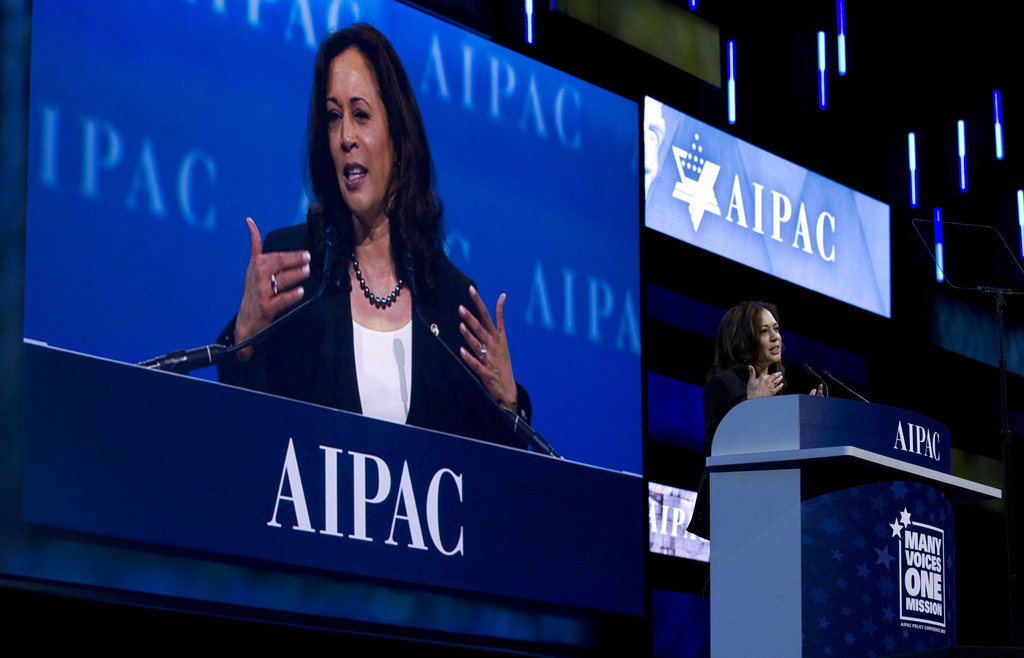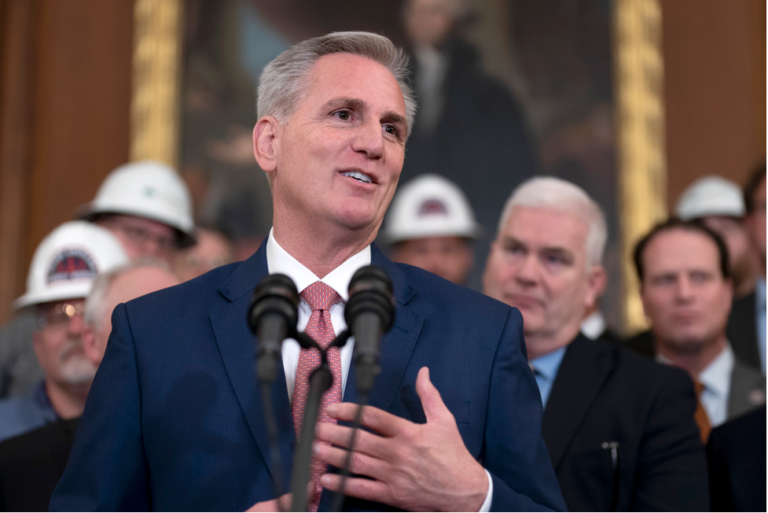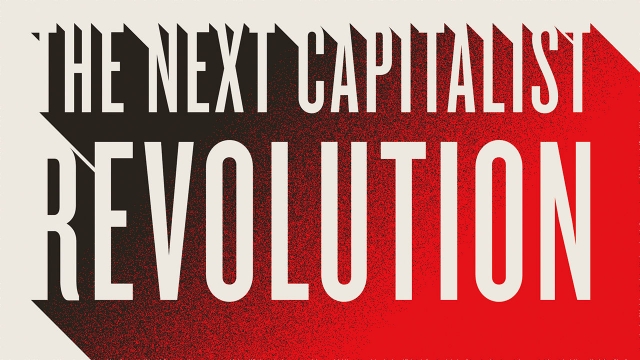
President Biden’s abrupt end to his re-election bid in July was the culmination of a revolt among Democrats spurred by a disastrous debate performance only 24 days earlier. Alarm surrounding Biden’s age and fitness for office was present in former President Donald Trump’s campaign rhetoric far earlier, however. Trump’s attacks on Biden’s abilities reflected a reality that most Americans recognized; in an early April survey, a mere 15 percent of U.S. adults were at least very confident in Biden’s physical fitness and 21 percent in his mental fitness.
Declining confidence in Biden’s fitness for office resulted in more and more Americans viewing him as a weak leader. By March 2024, a Gallup survey found only 38 percent of Americans viewed Biden as “strong and decisive” — an eight percentage point drop from 2020. Meanwhile, 57 percent of Americans considered Trump to be strong and decisive, a slight increase from 2020.
Kamala Harris, despite being over two decades younger, faces the same issue that Biden did. On Oct. 10, Gallup published new polling data suggesting 48 percent of Americans believe Harris “is a strong and decisive leader” compared to 59 percent for Trump. While Harris improved on Biden’s numbers — likely on account of her being comparatively young and exuberant — she must further change voters’ perceptions in order to secure the presidency. This will be a difficult feat, especially considering the prevalence of racialized and gendered criticism against her. With polling in recent weeks worsening for Harris and improving for Trump, the Harris campaign must act quickly.
Harris must break from Biden and criticize Israel’s invasion of Gaza. This will, perhaps obviously, sharply improve Arab American voters’ opinion of her. Arab Americans’ support for Biden and Harris has eroded since the war in Gaza began, with a recent poll showing her in a virtual tie with Trump among Arab American voters. In Michigan, a critical battleground state with the largest demographic of Arab Americans in the country, they could tilt the election towards either candidate. Similarly, young voters have broken with Harris on Israel and have also been a solid voting bloc for past Democratic candidates.
The electoral advantages of Harris adopting pro-Palestinian stances do not end at Arab American and young voters; it would cause a broad swath of voters to perceive her as a strong leader. Biden is not viewed as a weak and feeble president solely because of his age — his administration’s policy positions also play a role. Biden has constantly tried to play both sides on Israel — he privately disparaged Netanyahu while leaving U.S. foreign policy unconditionally pro-Israel. Biden initially said that he would not supply weapons for Israel to attack Rafah. Yet when Israel did invade Rafah, the White House insisted that Israel did not cross Biden’s “red line.” Regardless of what one believes American foreign policy towards Israel should be, the Biden administration’s approach has undeniably made the President look weak and incompetent.
Harris promoting a consistent position on the crisis in Gaza will make her seem “strong and decisive,” particularly to anti-Trump voters that supported Nikki Haley in the Republican primaries. Haley’s supporters viewed her as a rational, experienced, and competent alternative to Trump and may well support Harris if they viewed her in a similar light.
The traditional, hawkish segment of Republican voters that supported Haley’s campaign also by-and-large holds her staunchly pro-Israel views. Despite this, conservative Republicans like Dick and Liz Cheney have endorsed Harris, suggesting that agreeing on specific policy positions is less important for this wing of the GOP. Instead, they are backing Harris because Trump is the sole alternative. Breaking with Biden on Israel will not deter conservatives focused on preserving the rule of law — rather, it may generate grudging respect and lead them to view Harris as a stronger leader.
Harris campaign officials do not believe pivoting on Israel would be an electorally viable strategy, likely fearing backlash from pro-Israel voters and being seen as supporting Hamas. While Jewish Americans overwhelmingly support Harris and do not consider the war in Gaza a top issue, other groups may still place high importance on policy aiding Israel’s war effort. Ardently pro-Israel voters that consider the conflict a key issue — who are an insignificant voting bloc to begin with — likely have already decided to vote for Trump, who is broadly favored by Israelis.
Harris could continue trying to chase unicorns: single-issue, undecided voters that support continued pro-Israel foreign policy. Alternatively, she could distinguish herself from Trump and Biden by running a pro-Palestine campaign. She has essentially nothing to lose, but everything to gain in an incredibly close election.
The Zeitgeist aims to publish ideas worth discussing. The views presented are solely those of the writer and do not necessarily reflect the views of the editorial board.



